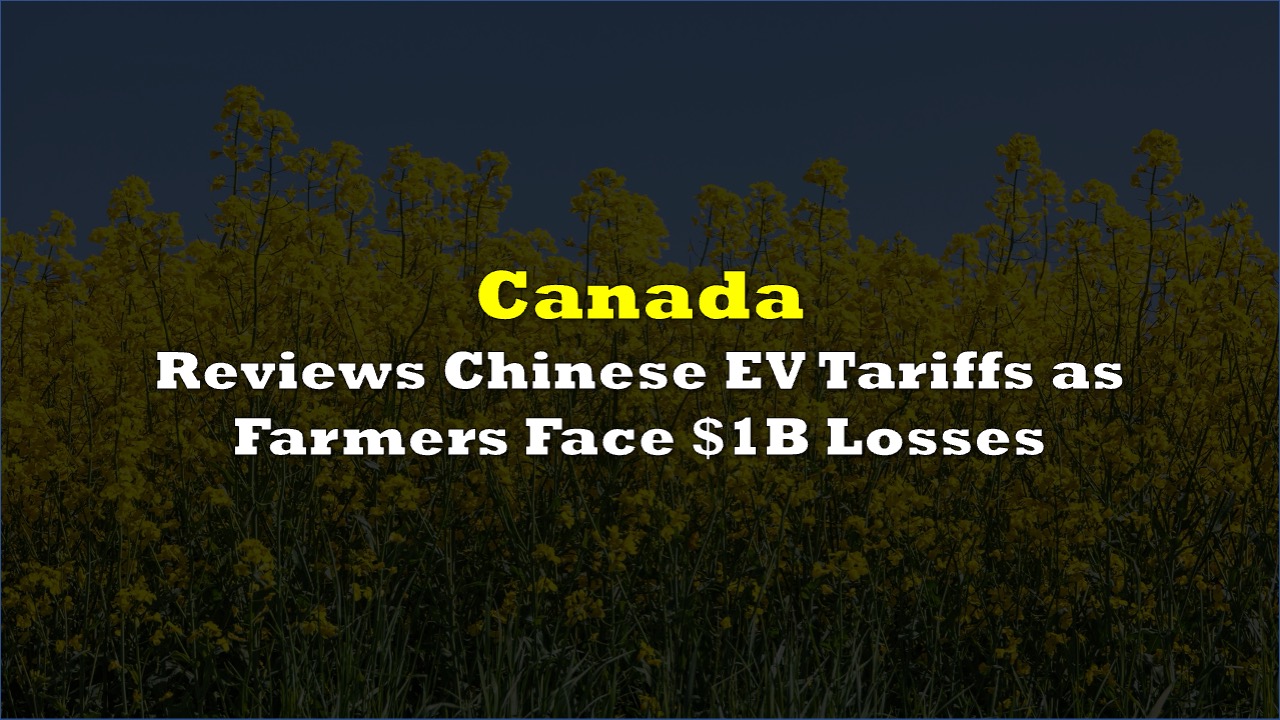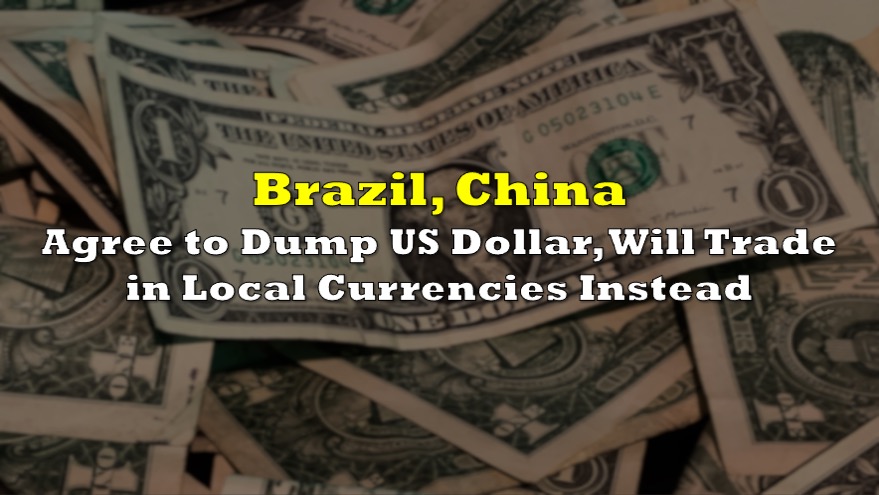Canada is reviewing its 100% tariff on Chinese electric vehicles as the federal government weighs how to address China’s retaliatory duties that have cost Canadian farmers nearly $1 billion, officials confirmed in recent days.
The review comes as Prime Minister Mark Carney faces mounting pressure from western provinces to scrap the EV tariffs imposed last October. In retaliation, Beijing imposed 100% duties on Canadian canola oil and meal while also targeting pork, fish and seafood with additional trade barriers.
Ottawa is finally getting it.
— The Food Professor (@FoodProfessor) September 17, 2025
Feds 'looking at' axing Chinese EV tariffs to ease canola tax https://t.co/V33RsakTB3
“We are in a fragile position, but we are here to support the farmer first and foremost, and if that decision has to be made, then that decision has to be made,” Agriculture Minister Heath MacDonald told reporters Tuesday.
Ontario Premier Doug Ford made a forceful case Wednesday for keeping the tariffs, writing in an open letter to Carney that removing them would “contradict and undermine months of engagement with U.S. officials” on automotive supply chains. “If the federal government removes its tariffs against Chinese-made EVs, you will contradict and undermine months of engagement with U.S. officials and lawmakers about the need to protect and enhance our highly integrated cross-border automotive supply chains,” Ford wrote.
Canada’s tariffs on Chinese-made EVs are critical to protecting more than 157,000 direct jobs in Ontario and hundreds of thousands of indirect jobs across the country. For the sake of these workers’ livelihoods, the federal government needs to maintain its 100 per cent tariffs. pic.twitter.com/x0TUmo5Vao
— Doug Ford (@fordnation) September 17, 2025
Ford argued the tariffs protect 157,000 jobs and $46 billion in government investments in Canada’s EV sector, warning that Canada risks “isolating” itself in the North American market if it removes Chinese EV tariffs now. Notably, Ford made no mention of the canola dispute in his letter.
But Saskatchewan Premier Scott Moe, who recently traveled to China for trade talks, has called on Ottawa to lift the EV tariffs. Saskatchewan is among the provinces where Chinese tariffs on canola are causing concern for the agriculture industry
International Trade Minister Maninder Sidhu confirmed the finance department is conducting the tariff review, though no timeline has been set for a decision.
The tensions come as Canada’s EV market struggles. Electric vehicle sales dropped 39.2% in the second quarter compared to last year, following the end of federal incentive programs. The Canadian market lacks affordable EV options, with most models priced above $45,000, making Chinese alternatives potentially attractive to budget-conscious buyers.
Recent polling by Nanos Research showed 62% of respondents favor dropping the EV tariff in exchange for China lifting restrictions on Canadian farm products.
China extended its canola investigation timeline until March 2026 this month, coinciding with news of Canada’s EV tariff review, potentially providing breathing room for negotiations during harvest season.
Saskatchewan represents Canada’s largest canola-producing region, with the crop supporting 200,000 jobs and contributing $43 billion to the national economy, according to the Canadian Chamber of Commerce.
Information for this story was found via Bloomberg, and the sources and companies mentioned. The author has no securities or affiliations related to the organizations discussed. Not a recommendation to buy or sell. Always do additional research and consult a professional before purchasing a security. The author holds no licenses.









